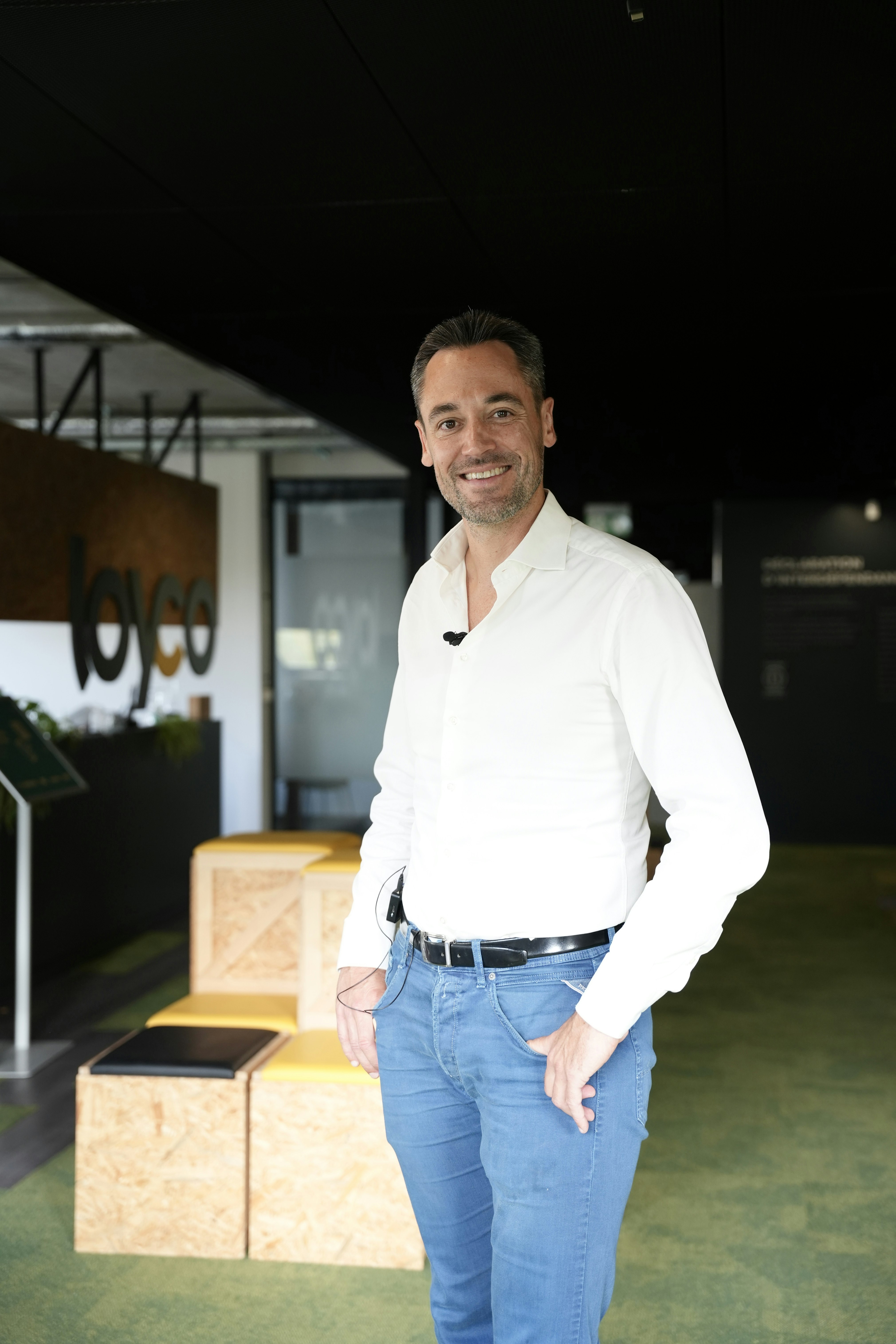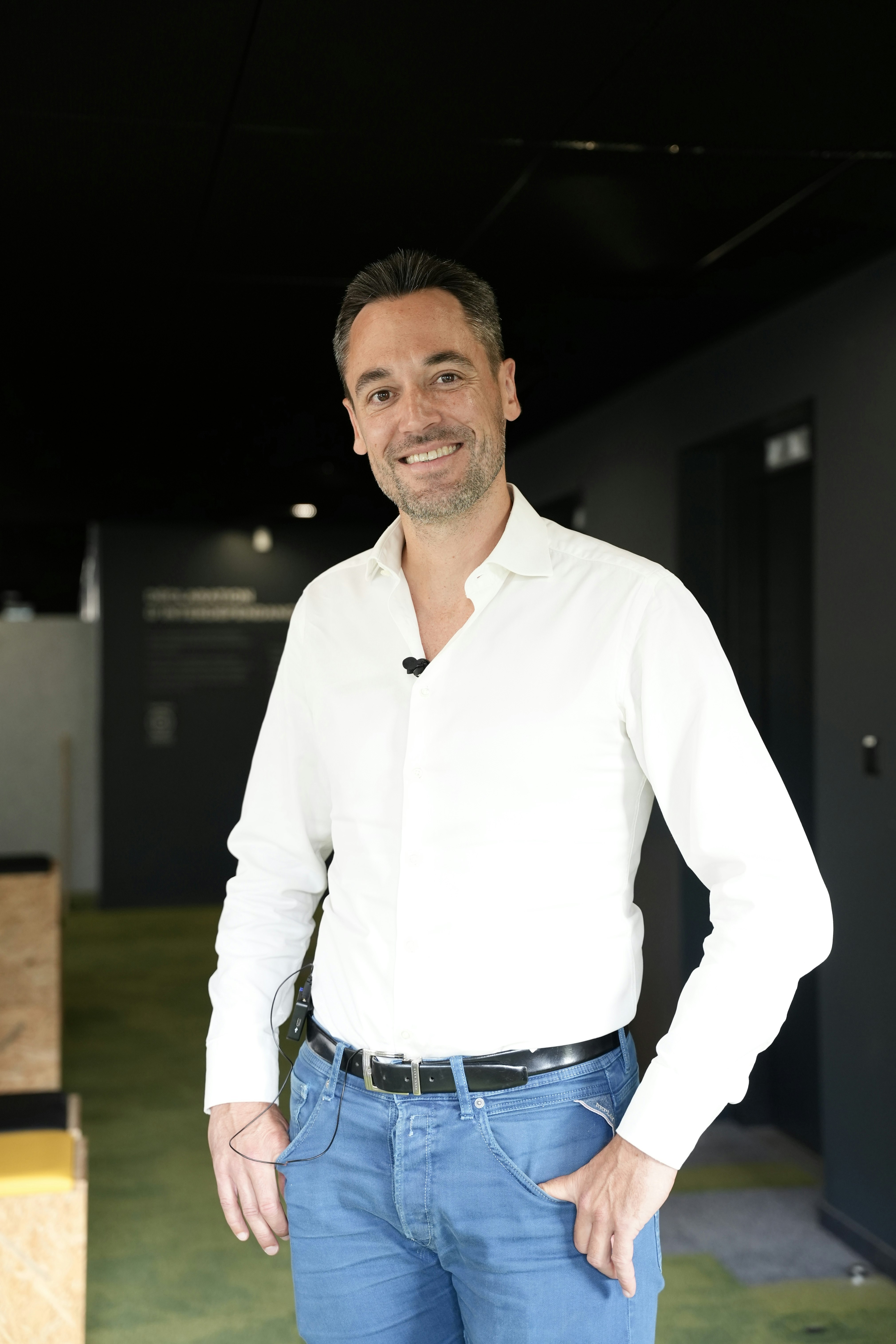LET'S GO
Leading Without Control: The Power of Trust
Christophe Barman was recently invited to the BIRD to share his vision of leadership.
The Founder of Loyco, a Swiss company pioneering a non-hierarchical governance model, shares with us his bold vision of leadership and the future of work. Through his concept of Loycocracy, he calls for a true management revolution: abandoning control to unleash trust, freedom, and human potential. In this interview, he reflects on his journey, convictions, and what it takes to build a participatory leadership culture.
Who are you, in one sentence?
I’m an entrepreneur trying to change the world through meaningful human adventures.
What made you challenge traditional management?
At the start of my entrepreneurial journey, I found myself working with shareholders focused solely on profit. That experience sparked a conviction: if I ever built another company, it would be based on impact, purpose, and freedom.
Loyco was founded over ten years ago. What is its mission today?
Loyco began as a way to make business administration (HR, finance, and insurance) simpler. A decade on, our mission is to help organisations shape their future — embracing agility, digitalisation and sustainable growth.
So, what exactly is the Loycocracy?
It’s our governance model, inspired by holacracy, applying to everyone the freedom usually reserved for entrepreneurs. No traditional hierarchy, but an agile, structured, and horizontal organisation where each person finds their own space for autonomy and growth.
In practice, Loycomates work in self-managed teams, where everyone takes on multiple roles according to their skills and interests. Our structure is entirely transparent, with clearly defined responsibilities. Both our constitution and our organisational chart are public. And for those who want to dig deeper, our podcast explores the ideas and lessons behind this approach.
What bold ideas have shaped your model?
The most radical one was scrapping the management layer altogether in 2017. No bosses, no individual targets — but a culture where freedom and responsibility coexist.
Another daring move was to build our marketing around our why rather than our what: instead of promoting services, we communicate about our purpose, identity, and values. And it works.
You call for a leadership revolution. Why?
" Leaders must become responsible activists, guiding their organisations towards positive societal and environmental impact."
Christophe Barman
What does participatory leadership look like in practice?
It’s the opposite of chaos. The flatter the organisation, the clearer the structure must be. Company culture is key — it has to be built, shared, and embodied at every level. The more people are involved in decision-making, the more they commit to the organisation. In that sense, it’s not so different from the Swiss direct democracy.
Your advice for entrepreneurs?
Trust — and let go of managerial dogmas. Too often, trust is mistaken for weakness when in fact it’s a strength.
You can’t lead a team further than the trust you have in yourself. It all starts with self-confidence, and freeing yourself from fear transforms how you relate to others.

